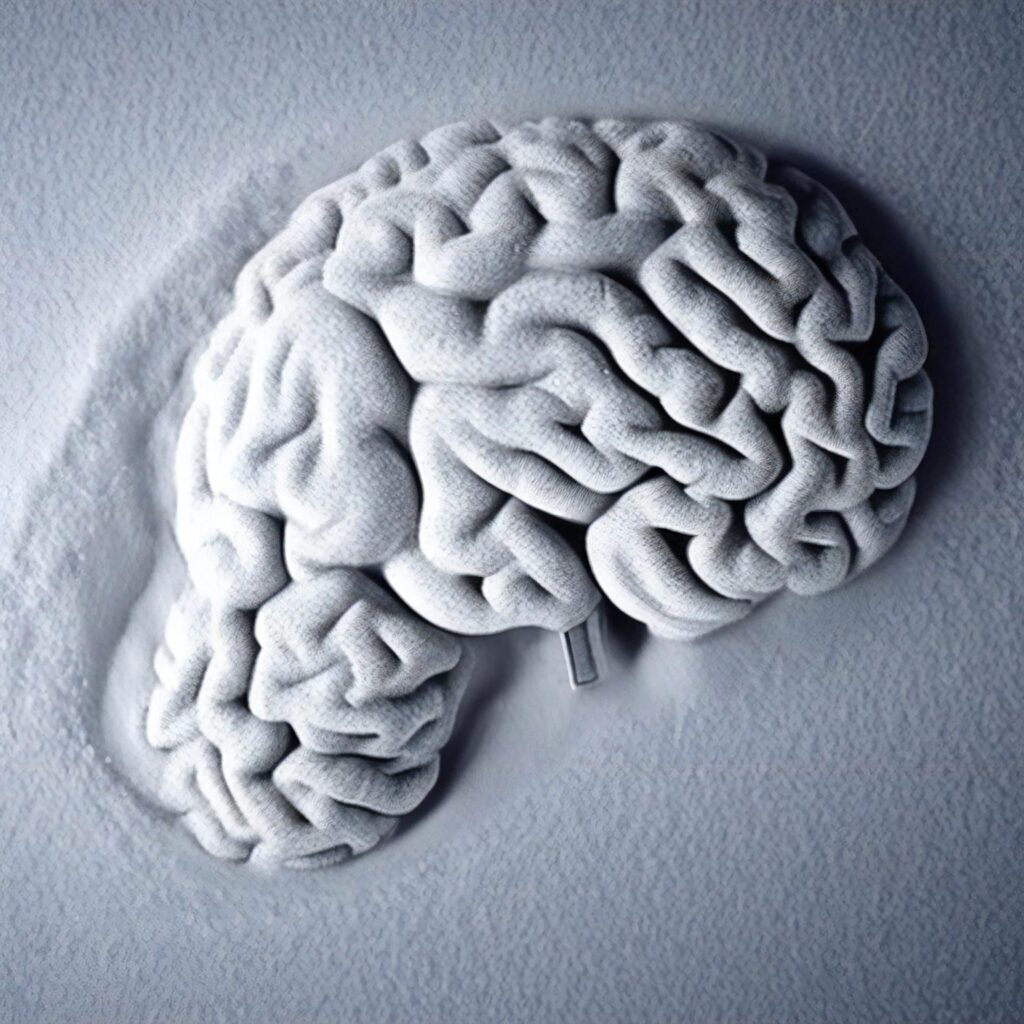
Serotonin wields the power to fend off depression while also ushering in waves of euphoria. This essential neurotransmitter not only uplifts your spirits but also orchestrates a symphony of vital bodily operations.
Imagine a moment of sheer happiness, when the world aligns perfectly — that’s serotonin at work. This remarkable chemical catalyst holds the reins of our mood, steering it towards the brighter side of life, alongside commanding a plethora of other pivotal roles.
The nucleus of the brainstem stands as the cradle of serotonin’s creation. From this core, serotonin radiates its influence across diverse nooks of the brain, thereby sculpting a multitude of functions and behaviors that define our existence. This includes the shaping of memories, the modulation of fear, the orchestration of stress responses, the fine-tuning of digestion, the intricate dance with addiction, the canvas of sexuality, the lullaby of sleep, and even the rhythm of breath and body warmth.
Boosting Serotonin Naturally
Enhancing serotonin levels holds the key to combating depression. The widely prescribed antidepressants, known as selective serotonin reuptake inhibitors (SSRIs) and serotonin and norepinephrine reuptake inhibitors (SNRIs), function by elevating serotonin levels within the brain.
Yet, the path to increasing serotonin need not always involve medication. A natural avenue is regular physical activity. Engaging in activities like cycling or weightlifting prompts the release of more tryptophan, an amino acid vital for serotonin production in the brain. This surge in serotonin, coupled with the release of other endorphins and neurotransmitters, underlies the euphoric sensation often referred to as a “runner’s high” after an intense workout.
Another method to naturally heighten serotonin levels is through exposure to sunlight or light simulating its effects. Light therapy stands as a pivotal treatment for seasonal affective disorder (SAD), colloquially known as the winter blues, triggered by dwindling serotonin levels.
While procuring serotonin through dietary means is more intricate, it is achievable. Foods abundant in protein, like turkey, possess substantial tryptophan content. However, the conversion of tryptophan to serotonin within our bodies is not highly efficient. Furthermore, when the turkey is consumed alongside other protein-rich foods, the protein disintegrates into amino acids that compete with tryptophan to traverse the blood-brain barrier – the safeguard preventing potential harm from accessing the brain. Consequently, the entry of tryptophan is hindered.
An ingenious approach to augment tryptophan within the brain involves deriving it from sources of complex carbohydrates, such as vegetables, fruits, legumes, and whole grains. Consumption of these carbohydrates stimulates insulin production, facilitating muscles to absorb a greater quantity of amino acids. This process enhances the likelihood of tryptophan reaching the brain.
It’s important to recognize that serotonin constitutes merely one of the quartet of euphoria-inducing hormones.